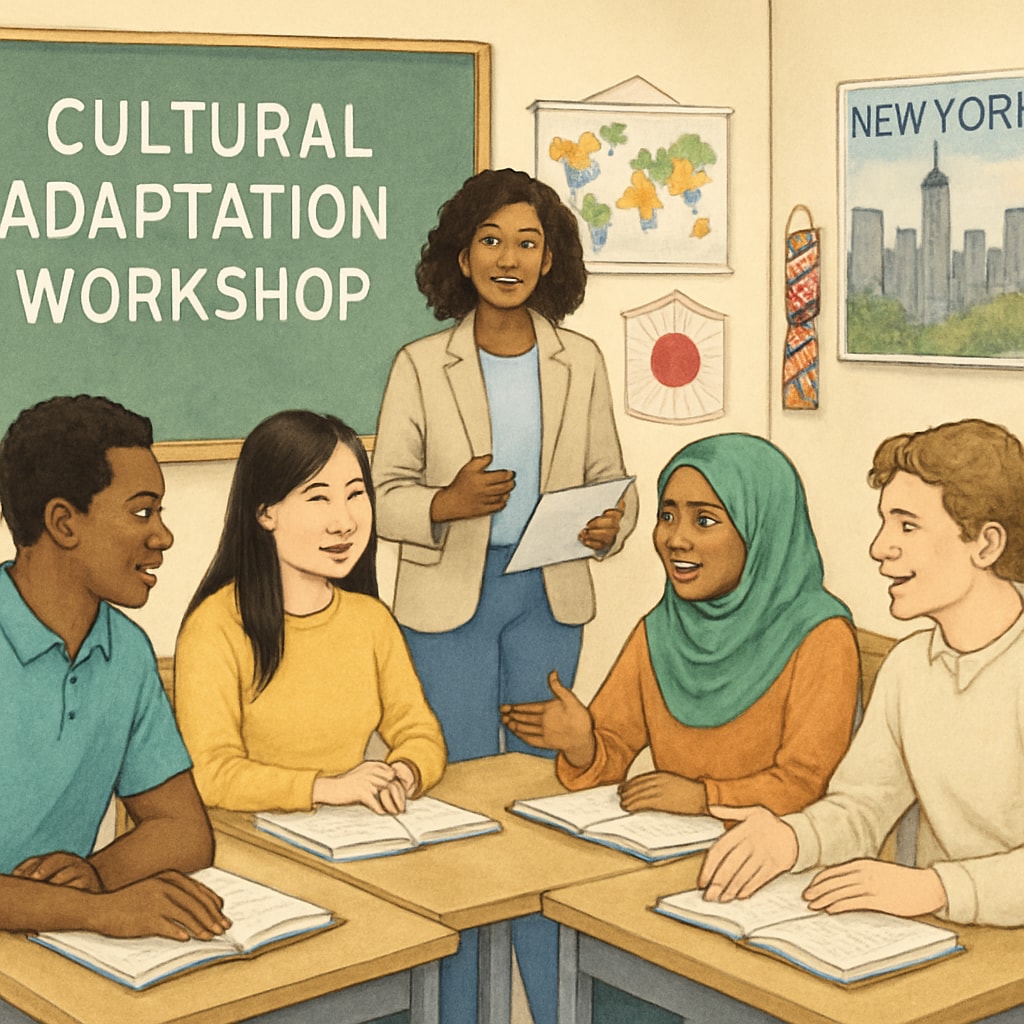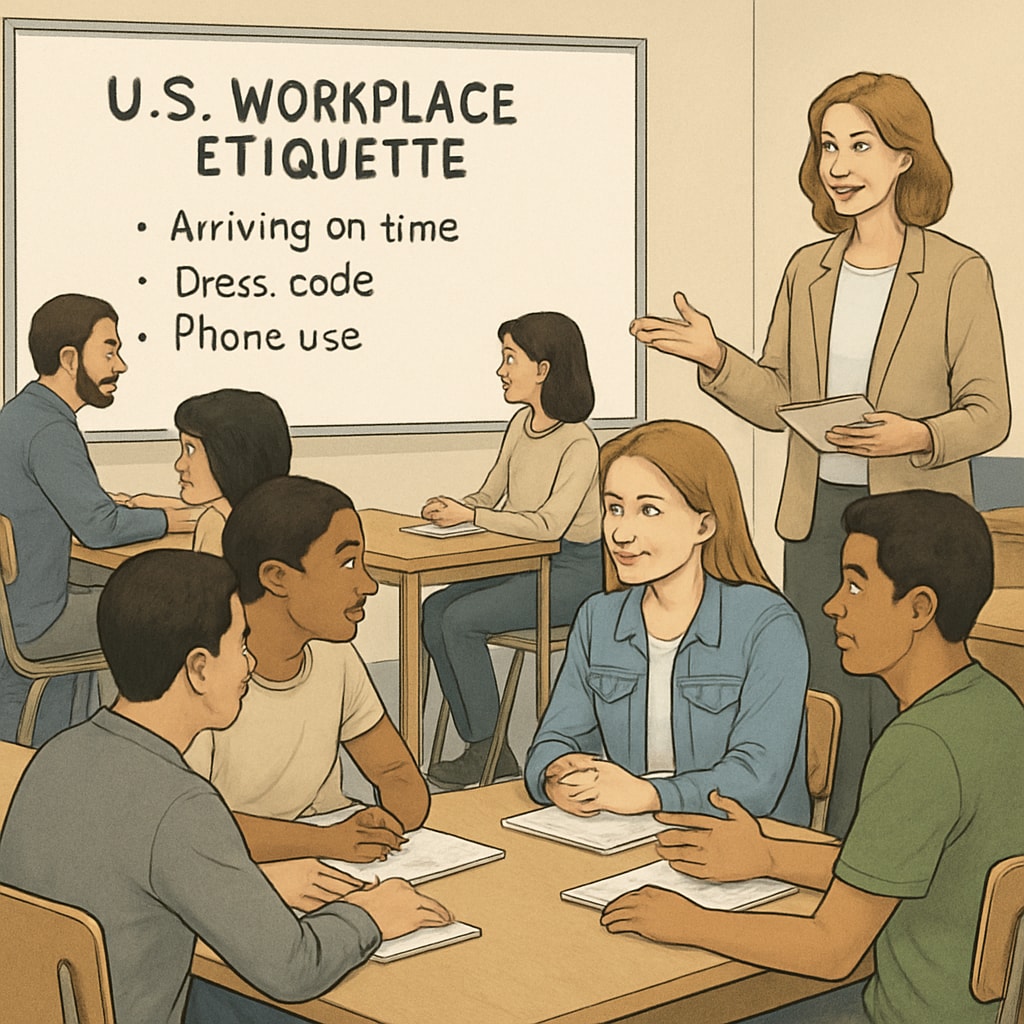International students entering the U.S. education system often encounter cultural adaptation challenges. From understanding social norms to navigating academic expectations, bridging this gap requires access to adult education, cultural adaptation, and basic knowledge resources. In New York, a city renowned for its diversity, international students can find a wealth of programs designed to support their cultural and professional integration. This article provides a comprehensive guide to these resources, helping students thrive both academically and socially.
Understanding the Importance of Cultural Adaptation
Cultural adaptation is essential for international students to build meaningful connections and achieve academic success. Adjusting to new social norms, communication styles, and educational methods can be daunting, but with the right resources, these challenges can transform into opportunities for personal growth.
For example, many international students struggle with the informal classroom dynamics in the U.S., which might differ significantly from their home countries. In addition, understanding cultural differences in workplace etiquette can be crucial for those balancing studies and internships. To address these gaps, adult education programs and cultural workshops can provide tailored solutions to meet specific needs.

Key Resources for Adult Education and Cultural Adaptation in New York
New York City offers a range of resources to support international students in their journey. Below are some of the most impactful programs and organizations:
- NYC Adult Education Centers: These centers offer courses on English as a Second Language (ESL), workplace communication, and cultural orientation. Popular institutions include the New York City Department of Education.
- Community-Based Organizations: Nonprofits like the YMCA of Greater New York provide workshops on cultural adaptation and leadership skills tailored to international communities.
- University Programs: Many colleges, such as Columbia University, offer international student orientation weeks and ongoing cultural competency seminars.
These programs not only provide practical knowledge but also foster a sense of belonging through community-building activities.

Strategies for Successful Cultural Integration
In addition to utilizing formal resources, international students can adopt several strategies for smoother cultural adaptation:
- Engage in Local Events: Attending cultural festivals, networking events, and community gatherings can help students understand local traditions and meet new people.
- Practice Active Listening: Observing and asking questions about unfamiliar customs can demonstrate respect and eagerness to learn.
- Leverage Technology: Apps like Meetup and Eventbrite can connect students to local events and groups aligned with their interests.
Moreover, building relationships with peers from diverse backgrounds can enrich the cultural learning experience. Students should also seek mentors who understand the challenges of adapting to a new environment.
Overcoming Common Challenges
Despite the wealth of resources, international students may still face hurdles such as language barriers or homesickness. To combat these, seeking support from counselors, joining student organizations, or even forming study groups can be effective solutions.
Additionally, staying informed about cultural nuances, such as punctuality norms or preferred communication styles, can enhance both academic and professional interactions. Websites like Britannica’s Culture Overview provide valuable insights into such topics.
Adapting to a new culture is not a destination but a journey. By embracing the process and utilizing available resources, international students can thrive in the U.S. while developing a global perspective.


